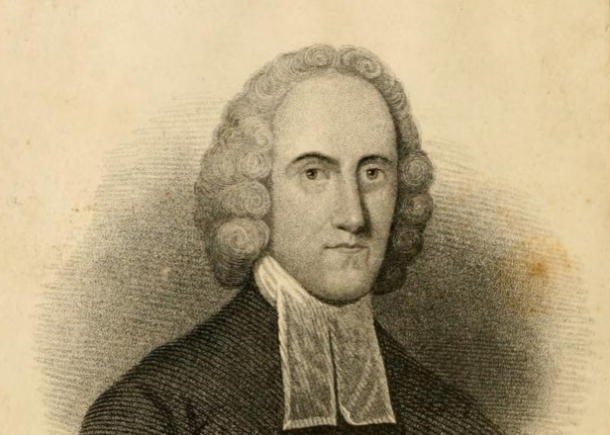America’s Great Awakening- “Sinners in the Hands of an Angry God!”
The following article was written by Steve Strang in 1975 for the first edition of Charisma Magazine. It is a brief history of the American Great Awakening in the 1700″s and a summary of what some say was the most powerful message ever preached in America. (We will let you decide that for yourself) Our…

